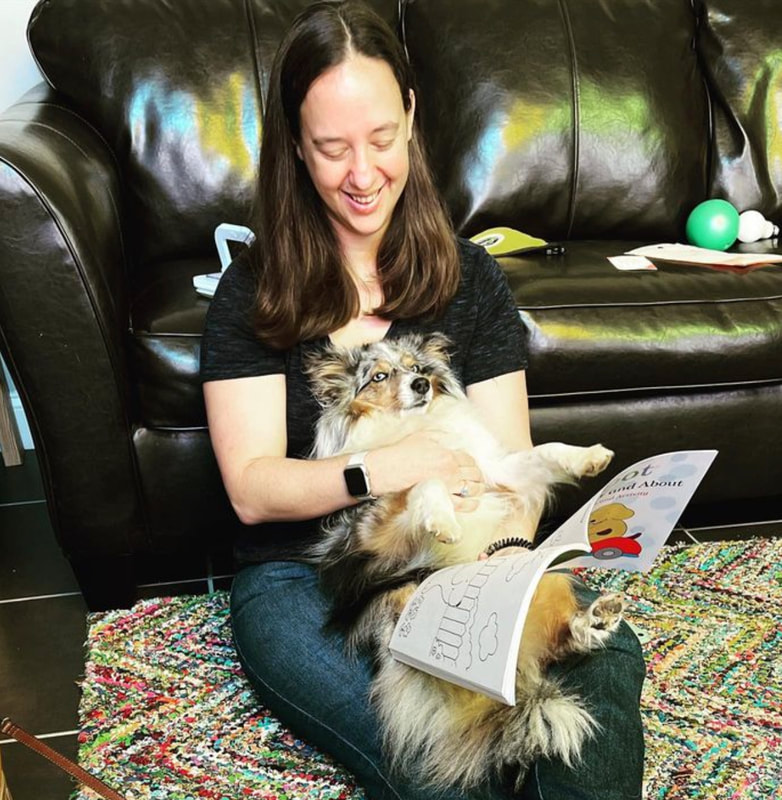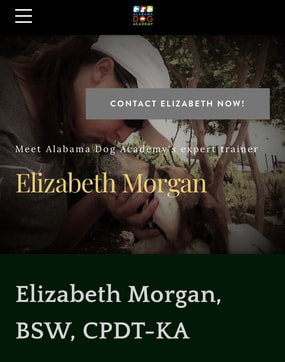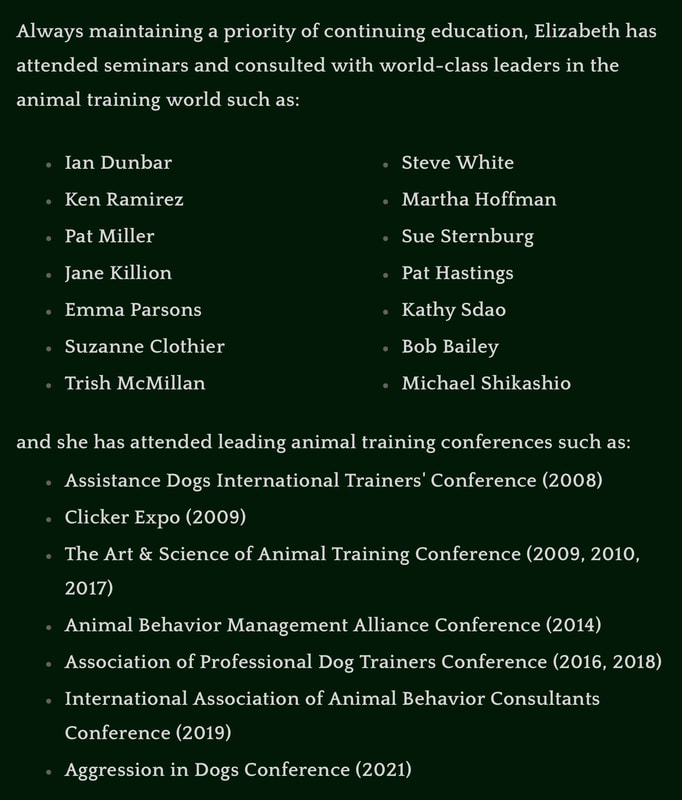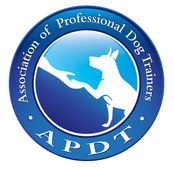|
No doubt you’ve seen drama on social media about disreputable dog trainers. These posts beg the question: How do you find a good dog trainer? How do you know that the trainer has your and your dogs’ best interests in mind and will give you the best training advice? The fact is, dog training is a completely unregulated business. Literally anyone can print out business cards and make an Instagram page and call themselves a professional dog trainer. There is no required licensing, certifications, or accreditations; there are stricter requirements for dog boarding kennels and breeders than there are for dog trainers. The industry is completely dependent on the “Buyer Beware” philosophy. Here are some traits that are important in a good dog trainer:
When I do find the About the Trainer page, I’m looking for professional training experience. I’m not very interested in reading about the trainer’s own dogs, I want to hear how this trainer has trained other people’s dogs. Researchers say that it takes 10,000 hours to master a skill; that’s five years of full-time dog training. Sure, there are talented and skilled trainers with less than five years’ experience, but if you want the best, you have to find a trainer with years of professional experience.
Specializations. Trainers generally specialize in certain fields; some trainers only work with dogs who have separation anxiety, others only work with aggressive dogs, others only work with therapy or service dogs. If you need help with your dog’s separation anxiety, wouldn’t it be better to work with the trainer who does nothing but separation anxiety? Many trainers boast that they will work with every dog with every training challenge you have; but the saying “Jack of all trades, Master of none” applies in dog training. If you need to teach your puppy house manners, don’t hire the trainer who specializes in gun dog training; if you need a service dog for your PTSD, don’t hire the trainer who specializes in training guard dogs. Honesty. Often times you can tell how honest a trainer will be just by looking at their website. There are rarely absolutes in dog training, so ideally you should not read phrases like “All dogs will,” “Dogs always,” or my favorite, “Training is guaranteed.” The more experience a trainer has, the more they will understand that there are exceptions to every rule. No trainer should ever guarantee that the dog “will be trained,” any more than you can guarantee your own human family members will do exactly what you ask every single time. Training guarantees are either dishonest, or naive. You can also find out if a trainer is honest when you look at the training methods they use. They should give some information about their training philosophy on their website, and you might have to check out photos and video on their social media pages to verify. One very common dishonest statement, is that a remote training collar doesn’t cause pain to your dog; the fact is, it MUST cause some sort of discomfort for it to work.
Honesty applies in following laws as well. If a trainer supports your use of a service dog in public without informing you of the laws and your legal rights - and limits to those rights - this is dishonest. If a trainer practices or encourages you to practice training your dog off leash in public, or in a business open to the public, this is illegal and dishonest. If a trainer gives medical advice about your dog without a degree in veterinary medicine, this too is illegal and dishonest.
Other pet peeves that can add up:
You may find, after reading this post and researching dog trainers, that most fall outside of what would be considered a “reputable” dog trainer. Unfortunately, you would be right. Remember that dog training is a completely unregulated industry. Literally anyone can be a “dog trainer.” And the dog training business is booming: every month I find one or two new dog training businesses popping up in my area, and we certainly do all have enough customers to be successful. With all of this new growth comes a LOT of new trainers who frankly should never be taking people’s money for the advice they dispense. On the other hand, there are also wonderful trainers in this area. Please do some research before hiring a trainer and make sure you understand that you’re supporting trainers who deserve to be supported. Questions? Comments? Let me know what you think! Happy training!
2 Comments
nks for sharing the article, and more importantly, your personal experi ence minddsfully using our emotions as data about our inner state and knowing when it’s better to de-escalate by taking a time out are great tools. Appreciate you reading and sharing your story since I can certainly relate and I think others can to
Reply
8/18/2022 11:04:51 pm
Make sure you are familiar with the trainer's methods and training philosophy by first asking about them. Choose a teacher who use positive reinforcement training, which rewards the dog for proper behavior and teaches the dog replacement behaviors for undesirable ones. These methods, which are founded on the science of animal learning, have the added benefit of enhancing the relationship between dogs and their owners and encouraging dogs to enjoy learning.
Reply
Leave a Reply. |
AuthorElizabeth Morgan specializes in training service dogs as the trainer and owner of Alabama Dog Academy. Archives
January 2024
Categories |
|
256-434-1747 (call or text)
[email protected] |
Proudly powered by Weebly






 RSS Feed
RSS Feed


